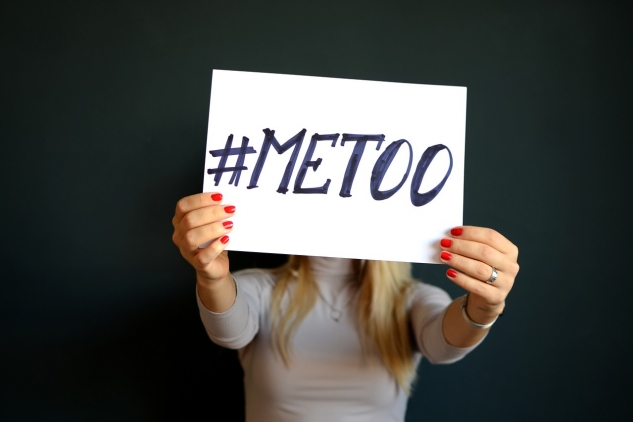
Sexual harassment and labour abuse: two sides of the same coin
When Anita’s* colleague tried to rape her in the hotel room she was cleaning, she went straight to her boss to report what had happened. Anita’s boss told her that she was wrong, and scolded her for not finishing cleaning the room in which she had just fought off her would-be attacker. On International Women’s Day 2018, FLEX published our five-point plan to help labour inspection authorities to reach out to women like Anita and help them come forward to report their stories and bring their abusers to justice.
Every day, women face sexual harassment in the workplace, from inappropriate touching and comments to violent attacks like Anita’s. The statistics are grim: a recent study by the Everyday Sexism Project and the TUC found that over half of women have experienced sexual harassment at work. Despite growing awareness of the scale of the problem, in part thanks to campaigns like #MeToo and #Time’sUp, women continue to face a culture of disbelief when they speak out about their experiences. Not only this, but many women face repercussions such as bullying, reduced working hours and even dismissal when they try to raise complaints, leaving others too afraid to challenge their abusers.
Though sexual harassment is a serious abuse on its own, it is too often seen as a separate issue, to be dealt with in the realm of public debate about gender norms, victim-blaming and empowerment, rather than in the context of labour rights abuses. But sexual harassment at work is intricately connected to other forms of labour abuse and often happens in conjunction with other problems like underpayment of wages, non-payment of holiday or sick pay, or unfair dismissal. The shame, stigma and disbelief surrounding sexual harassment, as well as the fear of further harassment and violence, can act as a powerful barrier that prevents women from speaking about other abuse that is happening at the same time.
When people are unable to report abuse at work, and when unscrupulous employers think they can get away with abuses against workers, severe exploitation and modern slavery can follow. Although sexual harassment does not fall within the remit of most UK labour inspectorates those organisations working to fight modern slavery must be aware that where sexual harassment exists, other abuses are also present. As FLEX set out in our recent guide Women in the workplace: FLEX’s five-point plan to combat exploitation, to prevent all forms of labour abuse and exploitation we have to treat sexual harassment at work as a seriously as any other abuse of a worker’s rights, and work together to proactively identify cases and create an environment where women are able to report without suffering further abuse as a result. If we can do this, we will be one step further towards ending labour exploitation.
* Not her real name. Case study provided by the Latin American Women’s Rights Service
